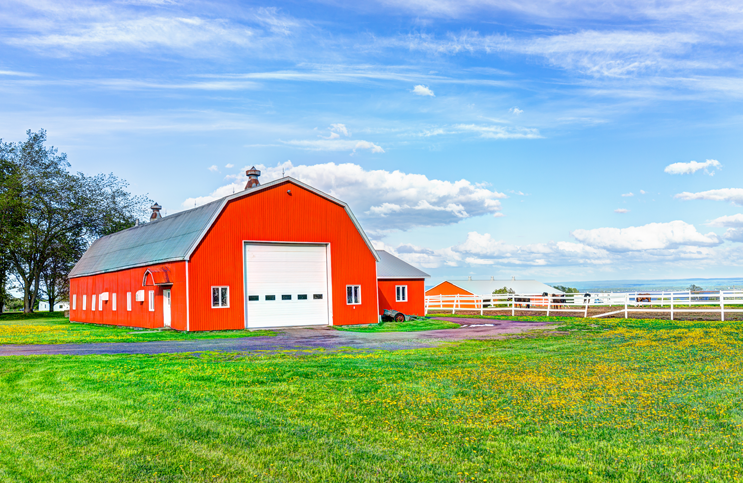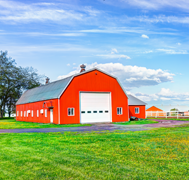The best kind of barn fire is one that is prevented — but sadly that isn’t always happening.
In Ontario, farms are exempt from mandatory fire inspections in the provincial Fire Code.
“As it stands right now, mandatory fire inspections of farms are linked to land occupancy and not property, a panel told delegates attending the Ontario Mutual Insurance Association annual general meeting in Toronto…” reported Canadian Underwriter.
“That restricts the ability of officials to inspect barns for potential fire hazards.”
The regulations of Ontario’s Fire Protection and Privacy Act state: “A farm building with an occupant load of not more than one person per 40 [square metres] of floor area during normal use and other premises on a farm used for farming purposes are exempt from the requirements of this code.”
Ontario is one of only a few provinces in Canada that have this exemption. Unless fire inspectors receive a complaint or a request to inspect, they cannot go in. And even if that request comes through, the Ontario Fire Code limits what inspectors can actually do.
According to Canadian Underwriter, the frequency of barn fires in Ontario has decreased slowly over the past decade (from more than 180 in 2008 to just over 140 in 2017), but the severity of the losses has increased per incident.
In 2008, 184 barn fires resulted in a collective loss of $30.3 million (or about $163,000 per fire). In 2014, 150 fire incidents led to a $28.4 million loss, or about $190,000 per fire.
The 2013-to-2017 period saw:
· Over 750 barn fires, many of the barns containing animals/livestock.
· 39 reported injuries to humans.
· Almost $180 million in loss.
· These stats do not include field fires, agricultural equipment/vehicle fires, or no loss outdoor fires.
“The losses are more severe because the increased cost of building materials such as wood and metal,” wrote Canadian Underwriter.
“Plus, the value of livestock has increased, partly because more animals can be housed in contemporary barns.”
The building code for Ontario farms has not been updated since 1995, but farms and barns have become increasingly larger, including more storage for heavy farm machinery, equipment, and electronics.
The Ontario Ministry of Agricultural, Food and Rural Affairs (OMAFRA) says that 40% of barn fire losses result from faulty electrical wiring.
Ontario farms are also not required to have fire-rated doors, which is also a safety risk.
The Ontario Fire & Life Safety Educators (OFLSE) has a page on its website about barn fire safety and resources to help improve it: http://oflse.com/barnfiresafety/.
What do you think – should this exemption to the Ontario Fire Code be changed? Let us know on social media. mpengo is on Twitter, Facebook, and LinkedIn.
mpengo’s Fire Door Safety Inspection App saves time and money for fire door inspectors. Learn more about it and download a free trial: https://mpengo.com/fire-door-inspection-app/






